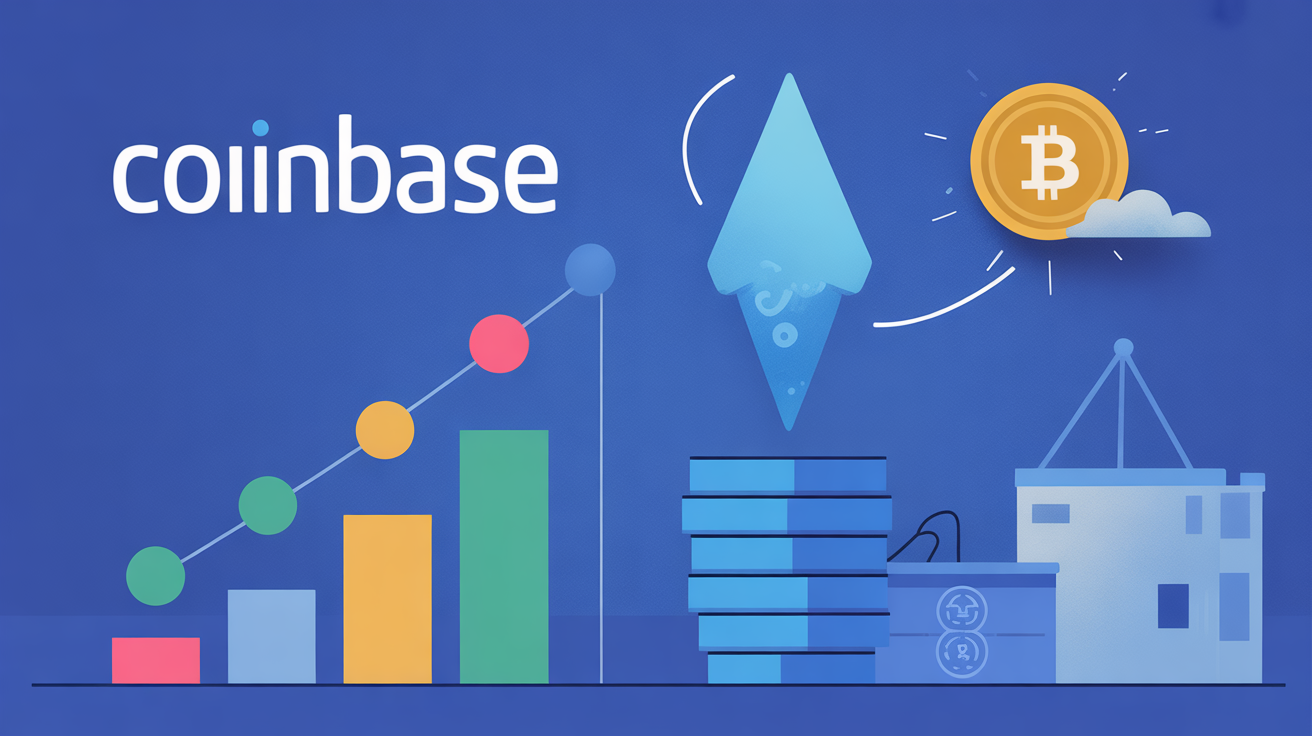OpenAI Disclaims Ties to Tokenized Shares on Robinhood Europe
OpenAI has denied any association with tokenized equity tied to its shares that has surfaced on Robinhood’s European trading platform, stressing that the company never authorized these offerings.
“All transactions involving OpenAI equity require our direct approval, and none has been given,” the company stated firmly.
Posting on X, OpenAI clarified that so-called “OpenAI tokens” circulating online do not equate to actual shares in the company. “These tokens do not represent equity in OpenAI. We have no partnership with Robinhood, had no involvement in this, and do not endorse it,” the company explained.
The issue arose after Robinhood unveiled its new feature for European users that allows tokenized stock trading on the Arbitrum blockchain. As CoinDesk has reported, the platform gives investors access to around 200 equities and ETFs, as well as secondary market exposure to private companies like OpenAI and SpaceX.
Robinhood responded to inquiries, saying, “To complement our recent crypto event, we offered a limited giveaway of stock tokens tied to OpenAI and SpaceX for eligible European customers. These tokens give retail investors indirect exposure to private markets, and are enabled through Robinhood’s ownership stake in a special-purpose vehicle,” a spokesperson told CoinDesk.
Tokenizing private company shares isn’t new. Back in 2018, blockchain startup Swarm announced it would launch tokenized shares in several high-profile firms — including Robinhood. However, the companies named denied authorizing such sales. Swarm insisted its offerings were backed by shares acquired through legitimate secondary market transactions.
For Robinhood’s current initiative, it remains unclear exactly how the equity underlying these tokenized offerings was sourced. Some speculate the tokens represent stakes in shares acquired through proper channels on the secondary market, a point Robinhood’s CEO has hinted at in public comments.
Still, experts caution that private firms like OpenAI can refuse to acknowledge any equity transfers that weren’t formally approved.
“This kind of friction could push more private companies to block share transfers entirely if shareholder agreements are violated,” said Rob Hadick, General Partner at Dragonfly, in a post on X.
Share this content:




